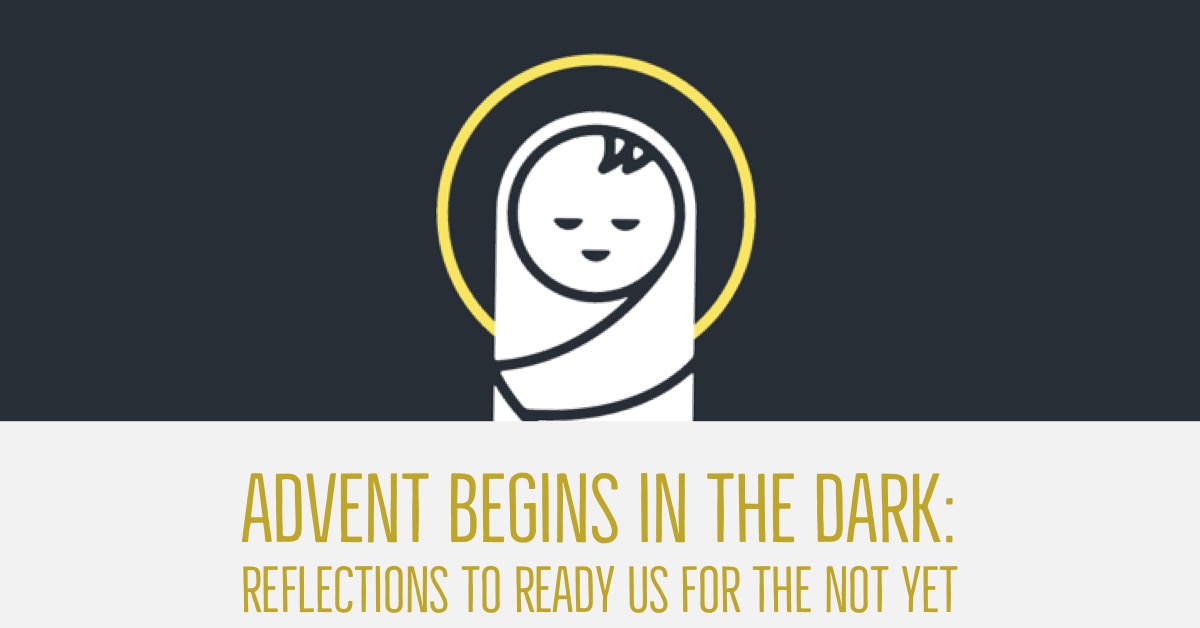
Like A Whore In Church
Isaiah 1.21-31
“How the faithful city has become a whore! She that was full of justice, righteousness lodged in her – but now murderers!”
There’s a reason that Isaiah 1.21-31 doesn’t appear in the Lectionary.
When we think of Advent we conjure up in our minds the Chrismon trees and the lights surrounding the altar. We remember the purple and pink advents candles and the red plumage of the poinsettias. We consider the plight of Mary and Joseph to the small town of bread knowing not at all what their future would hold.
We like our religious observances to be orderly and helpful and we don’t even mind a sermon that steps lightly on our toes because we know that everyone has room for improvement. But then when we hear these words from the 5th gospel, we experience some painful theological whiplash.
The faithful city has become a whore!
She was once full of justice but now she is full of murderers!
Who wants to hear about that kind of stuff in church?
In her book Advent: The Once & Future Coming of Jesus Christ, Fleming Rutledge writes, “For many years, I thought that, during Advent, one was supposed to pretend that Jesus hadn’t been born, so that we would be more excited when Christmas came. Needless to say, this stratagem didn’t work. For me, it was a revelation years later to learn that the last weeks of Pentecost and the first weeks of Advent look forward to the second coming of Christ… In Advent, we don’t pretend, as I once thought, that we are in the darkness before the birth of Christ. Rather, we take a good hard look at the darkness we are in right now, facing and defining it honestly, so that we will understand with utmost clarity that our great hope and only joy is in Jesus’ final victorious coming.” (Advent: The Once & Future Coming Of Jesus Christ, Eerdmans, Grand Rapids Michigan, 2018), 58.
It is far too easy, today, to take passages like this one from Isaiah and read it through a somewhat anti-semitic lens as if Jesus is the wrath of God being poured upon God’s people. Preachers will foolishly wax-lyrical about the idolatry of God’s people from the past all while giving God the glory for arriving as the baby in Bethlehem
But that kind of reading leaves us imagining that Advent is all about pretending that Jesus hasn’t been born, and it prevents us, to use Fleming’s words, from taking a good hard look at the darkness we are in right now.
Whether we like to admit it or not, we are still the faithful city that has become a whore. The people we look to for guidance and leadership, in politics/business/churches, are rebels and companions of thieves. We worship them and ourselves thinking they/we can provide our salvation when we know how quick we all are to run after those things that cannot give us life.
We are all coming of age in a world where it is far too easy and far too convenient to ignore the plight of the marginalized while strangely finding comfort in the words of a hymn-like Away In A Manger. There was “no crib for a bed” because people like you and I are so consumed by our own needs and desires that the cause of other does not come before us!
But that’s not the kind of message we want to hear during the season of Advent. No, we want to hear about how Jesus’ birth will warm our hearts. We’d rather imagine the animals snuggled closely providing comfort for the King of kings and Lord of lords.
But what if we are the darkness that needs to be blotted out by Jesus’ light?
Throughout the history of the church, Christians have had a remarkable propensity to read themselves into a biblical story. When we hear about the two on the road to Emmaus we imagine ourselves as one of those two listening to, and breaking bread with, Jesus. When we hear about Prodigal Son we imagine God welcoming us back with open arms after going down the wrong path.
And yet when we read about God destroying the rebels and the sinners, we inexplicably reject the notion that we could be the rebels and sinners that need destroying!
What a time to be God’s church! Advent is the season we conjure up the darkness among us and in us and proclaim the bitter and strange truth: We cannot save ourselves.
No amount of Christmas lights, no number of presents under the tree, no perfectly arranged dinner table can rectify the wrongs we have perpetuated in this world. We have become whores to our own desires and dreams at the expense of the orphan, and the widow, and the sojourner, and the marginalized.
Just consider a headline from the newspaper this morning: “America’s ‘War on Terror’ has cost the US nearly $6 trillion and killed roughly half a million people with no end in sight.”
What would the rest of this strange and bewildering season look like if we insisted on facing and defining the darkness honestly rather than sugar-coating it with chocolate calendars?
How might our steps toward Christmas change if we admitted the challenging truth of our own sinfulness before calling it out in someone else?
What habits and practices will we need to crucify before God’s church can experience a new resurrection?
Isaiah’s declaration about the inherent failures of the whoring city doesn’t preach easily. Few pastors are dumb enough, or brave enough, to proclaim these words from the pulpit. They run the risk of running off those who came with expectations of the warm manger scene rather than the destruction of all things.
But today, here in the midst of Advent, we are like oaks whose leaves wither, and we are like gardens without water. We might look around and see families with perfectly behaved children, or individuals who appear perfectly put together, but all of us are perpetuating a world in which our own righteousness has somehow become more important than God’s righteousness.
Advent, therefore, is the right time to look into the heart of our own darkness with the understanding that our greatest hope and our only joy is in the once and future coming of Jesus Christ.
